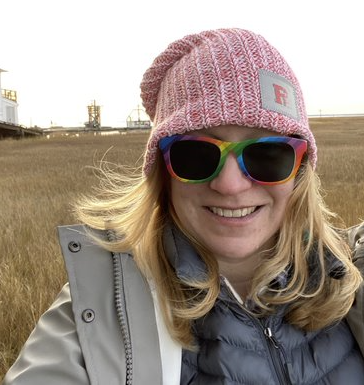
Lauren Adamo
Lauren received her PhD in Geological Sciences at Rutgers University studying deep-sea sediment cores offshore Greenland using stable isotope stratigraphy to examine the changes in ocean circulation and climate over the last 20,000 years. In 2009 she began to work as a science communicator and the Associate Director (and now Director) of the Rutgers University Geology Museum, working to revamp and update the museum’s educational and outreach activities. She also teaches in the department of Earth and Planetary Sciences and recently took on the role as the Undergraduate Program Director. All of her university roles allow her foster connections between students, educators, and researchers to help create better informed citizens through more effective geoscience education in the formal and informal classrooms.
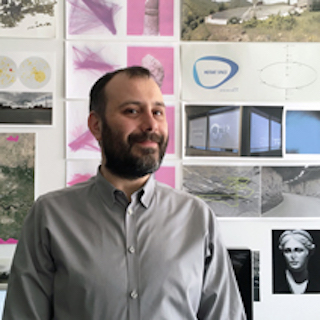
Atif Akin
Atıf Akın is an artist and designer living in New York. His work is about technoscientific criticism in the context of contemporary art, science and politics and examines science, nature, mobility, and politics through an (a)historical and contemporary lens. Through a series of activities made up of research, Akın’s work invokes technoscientific criticism in an aesthetic context. He joined the Mason Gross faculty of in 2011
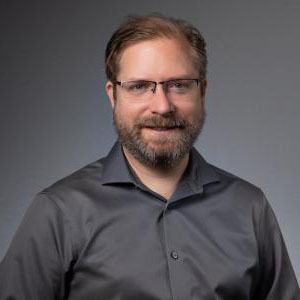
Rick Anderson
Rick Anderson is Director of Virtual Worlds for Rutgers University, and Trustee at Fair Use Building and Research Labs. As a member of Fubar Labs, Rick has worked to provide programs on soldering, basic electronics, Arduino and 3D printing to the New Jersey community. As Director of Virtual Worlds he has created World Manager for LMS compatible game technology, and web accessible learning scenarios.
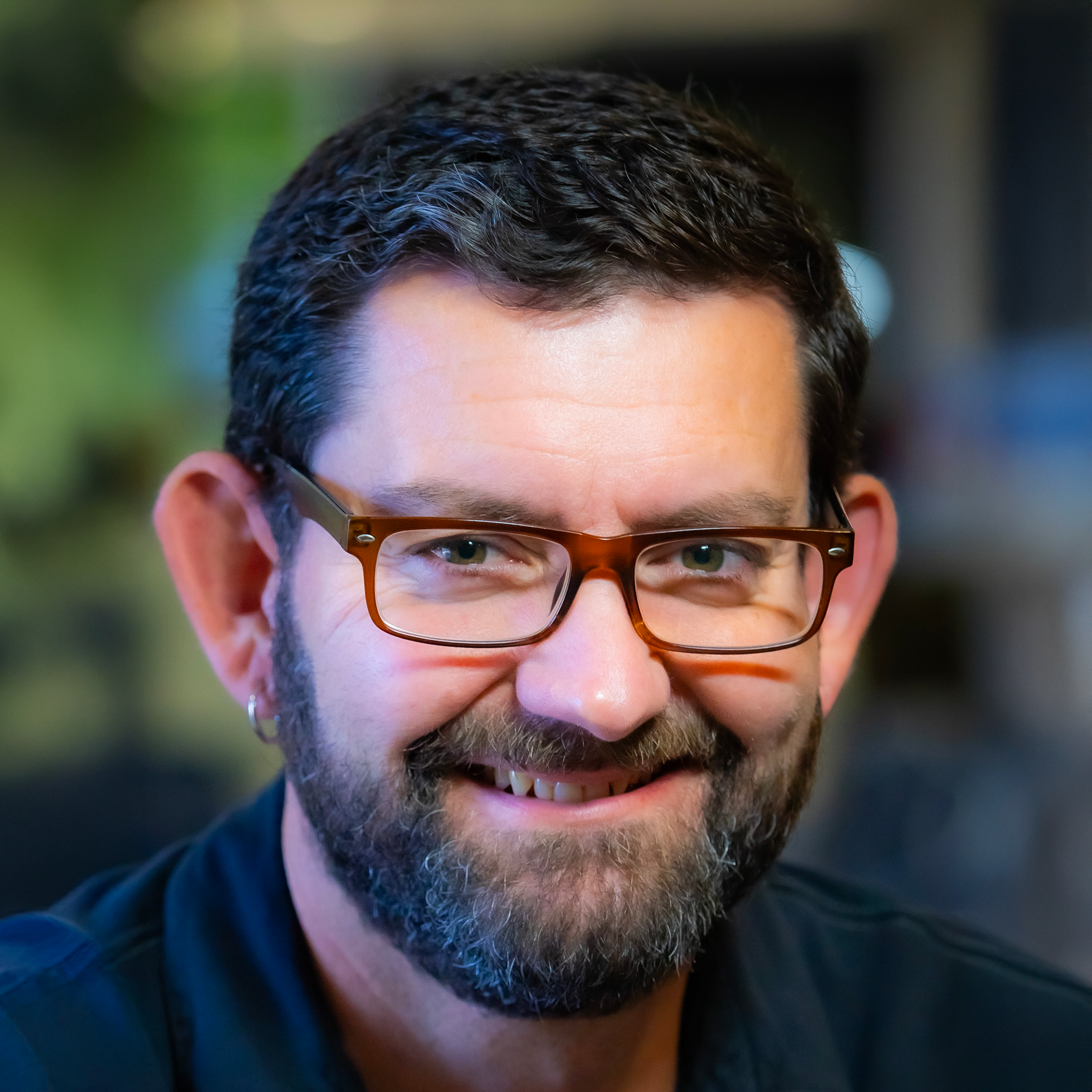
Dan Battey
Dan Battey is an Associate Professor in Elementary Mathematics Education at the Graduate School of Education at Rutgers, the State University of New Jersey. Dr. Battey's scholarship centers on understanding teacher change in response to mathematics PD in urban schools. His work centers on engaging teachers in opportunities to learn within and from their practice in a way that sustains and generates change as well as challenge meta-narratives that limit opportunities for students of color in mathematics. Drawing on research of students’ mathematical thinking, he studies teacher knowledge, identity, and practice within the context of urban schools. Because of his focus on spaces where educational systems often underserve students, Dr. Battey’s work also focuses on understanding the sociological contexts in which teachers work, including policy and social ideologies and how these mediate what and how teachers interact with students from historically marginalized backgrounds.

Neal M Bennett
Digital media producer Neal M Bennett began his career in the mid 90s as a television writer and producer for WPHL 17 in Philadelphia. Soon after, he worked as a production associate for several feature films and began working as a production tech for Comcast and Cablevision. After spending a few years at local cable networks, Bennett was hired to travel with the TLC crew as a locations coordinator/unit manager for Trading Spaces.
Bennett is currently working for the School of Communication and Information as a Teaching Instructor in the Journalism and Media Studies department. He is also working with the Mason Gross School of Arts Extension Division to develop, teach and supervise filmmaking and certification programs. Learn more about his work here.
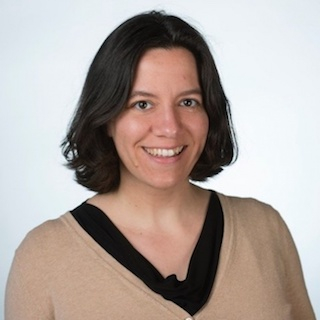
Elizabeth Bonawitz
Dr.Bonawitz's research bridges two research traditions: Cognitive Development and Computational Modeling. By bridging these methods, she hopes to understand the structure of children's early causal beliefs, how evidence and prior beliefs interact to affect children's learning, the developmental processes that influence children's belief revision, and the role of social factors (such as learning from others) in guiding learning.
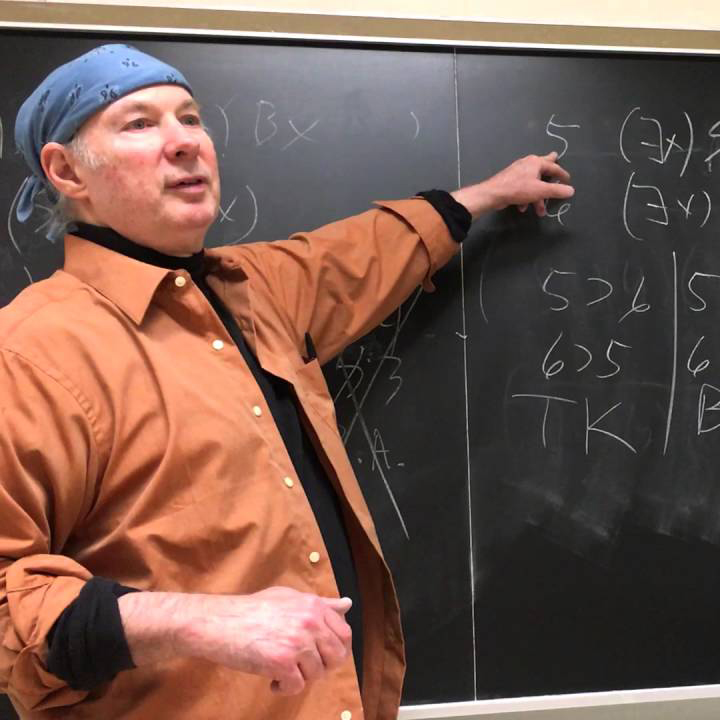
Jeff Buechner
Dr. Jeff Buechner received his Ph.D. from Rutgers University (New Brunswick), the top department in the world for philosophy of mind. He works primarily in the philosophy of mind and psychology, but explores connections between these areas and mathematics and computer science. In particular, he is interested in how results in computational complexity theory can be used in adjudicating issues in the philosophy of mind. His bookGödel, Putnam and Functionalism(MIT Press, 2008, 345pp) is a defense of cognitive science against Hilary Putnam's well-known attacks upon it.
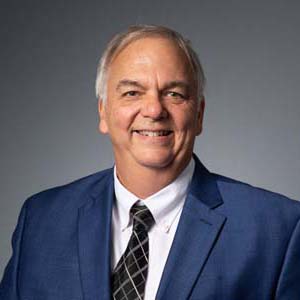
Stephen Skip Carter
Stephen "Skip" Carter helped establish many major initiatives at Rutgers, including two professional and continuing education units concentrating on IT, green technology, engineering, innovation and entrepreneurship. More recently, Mr. Carter established Rutgers first "Makerspace", an open lab innovation center offering specialized resources such as 3d printers, laser cutters, and co working space.
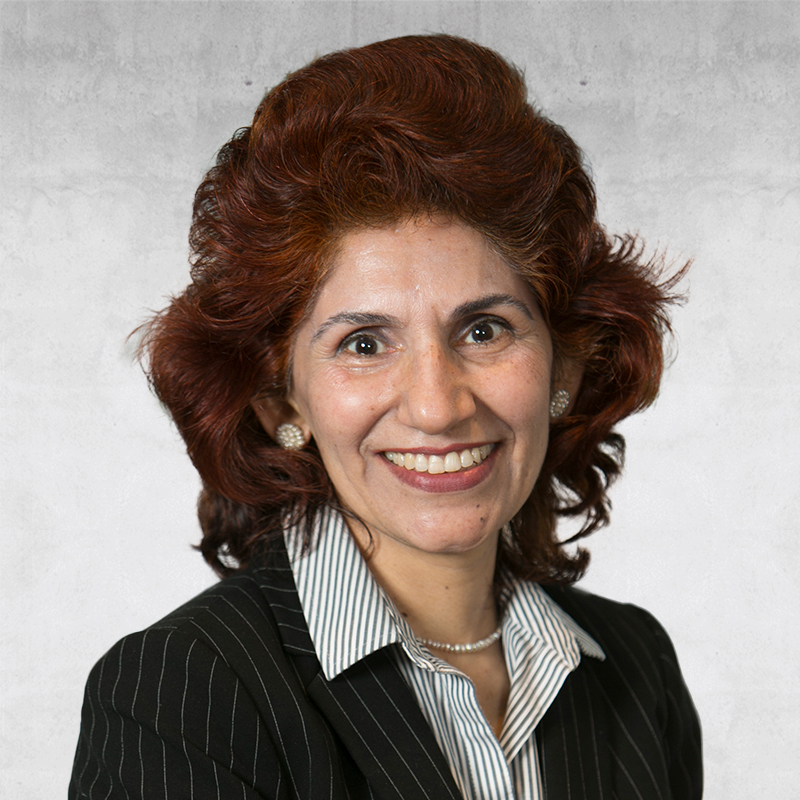
Sunita Chaudhary
Dr. Chaudhary is the Director of Research Education at Rutgers University Cancer Institute. Her research interests are in evaluation of student learning, behavioral/career outcomes of educational programs that promote STEM career choice by underserved students and evaluating interventions that promote research or research related career choice.
Her academic appointment is an Adjunct Assistant Professor of Surgery at the Divison of Surgical Oncology at Robert Wood Johnson Medical School.
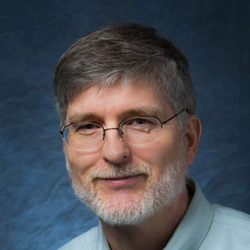
Clark Chinn
Dr. Chinn's research teams are currently working on two interconnected lines of research. In the first line of research (the Epistemic Education project), they are exploring new approaches to conceptualizing and investigating epistemic cognition. The goal is then to develop instructional methods that help students reason more effectively in authentic situations such as reasoning about information found on the Internet. The second project is the PRACCIS project (Promoting Reasoning and Conceptual Change In Science), an ongoing collaboration with Ravit Golan Dunca. In this project, they are investigating scaffolds that promote growth in reasoning in middle school science classes. They have developed curricula that are aligned with the Next Generation Science Standards and that promote conceptual change and model-based reasoning in the life sciences.
Pagination
- Page 1
- Next page